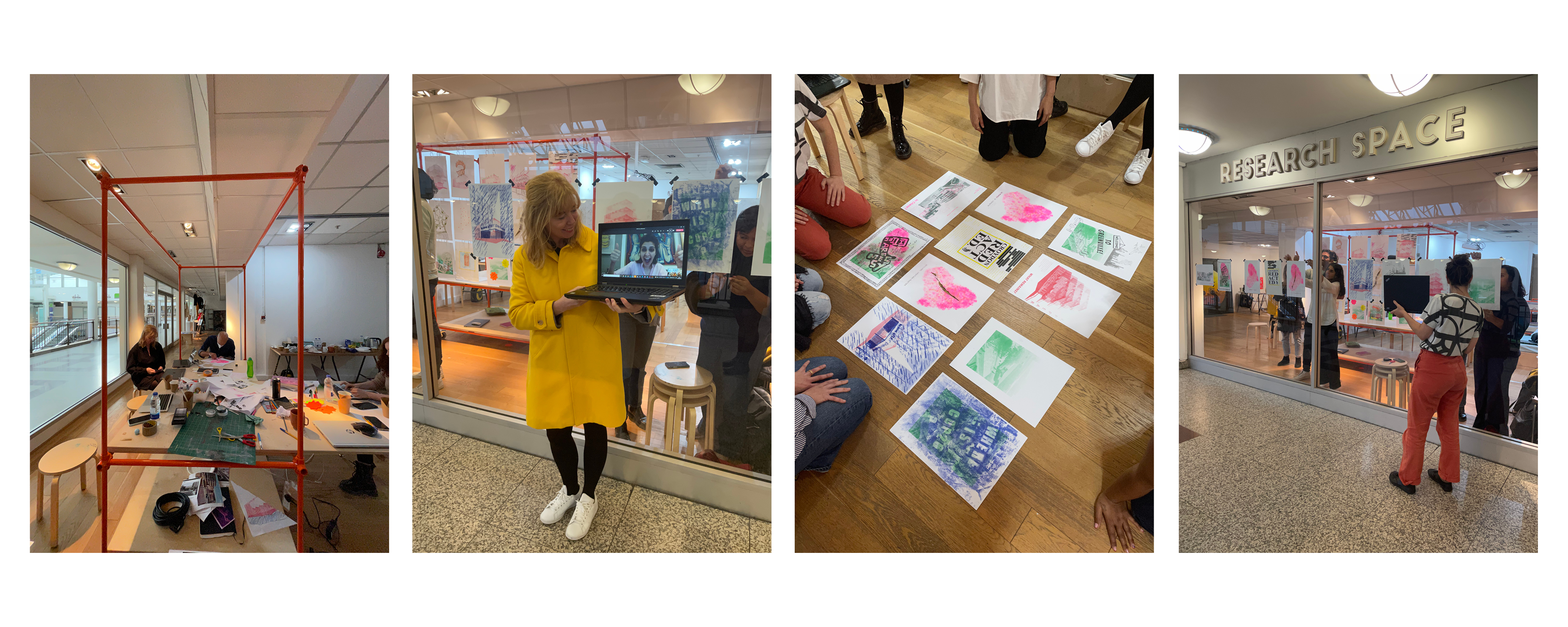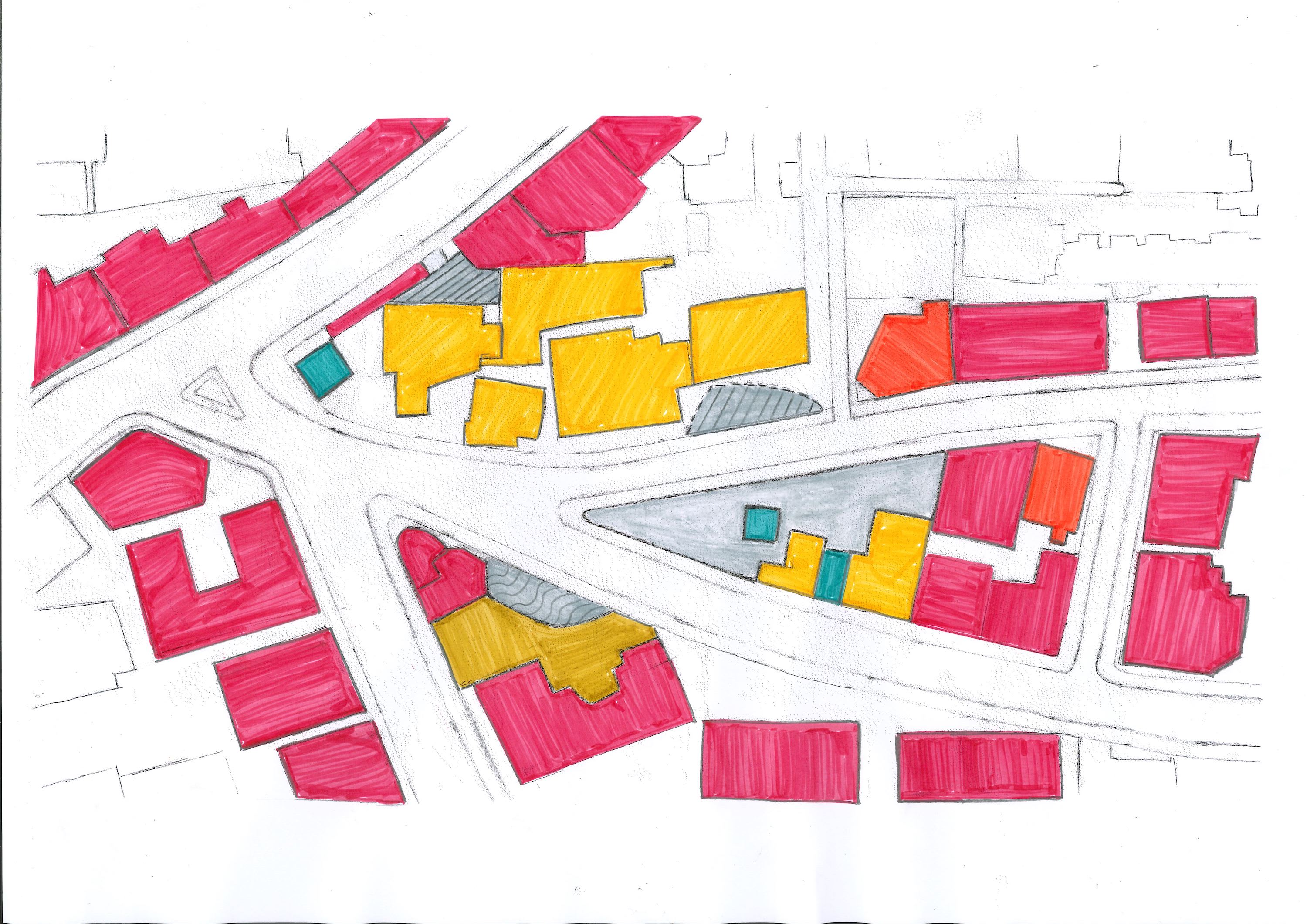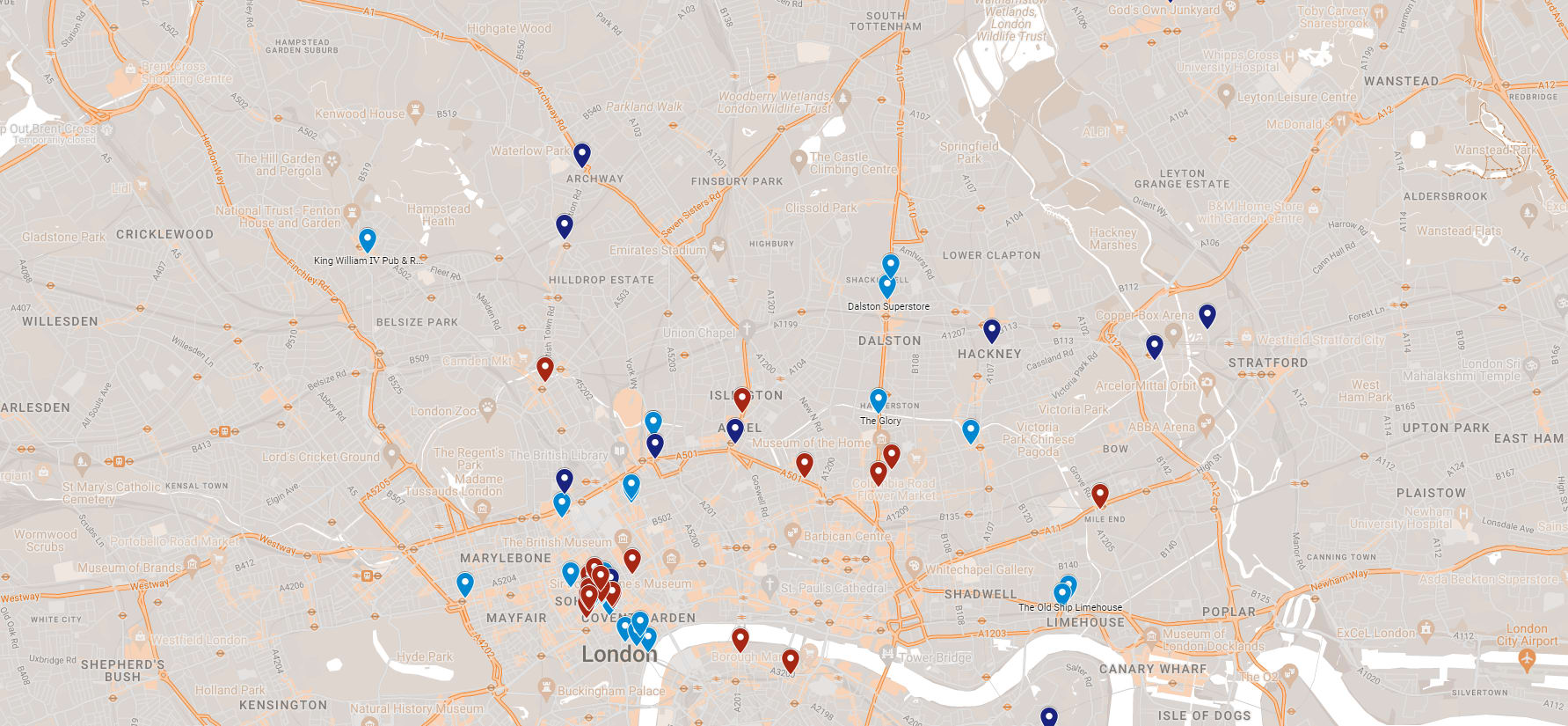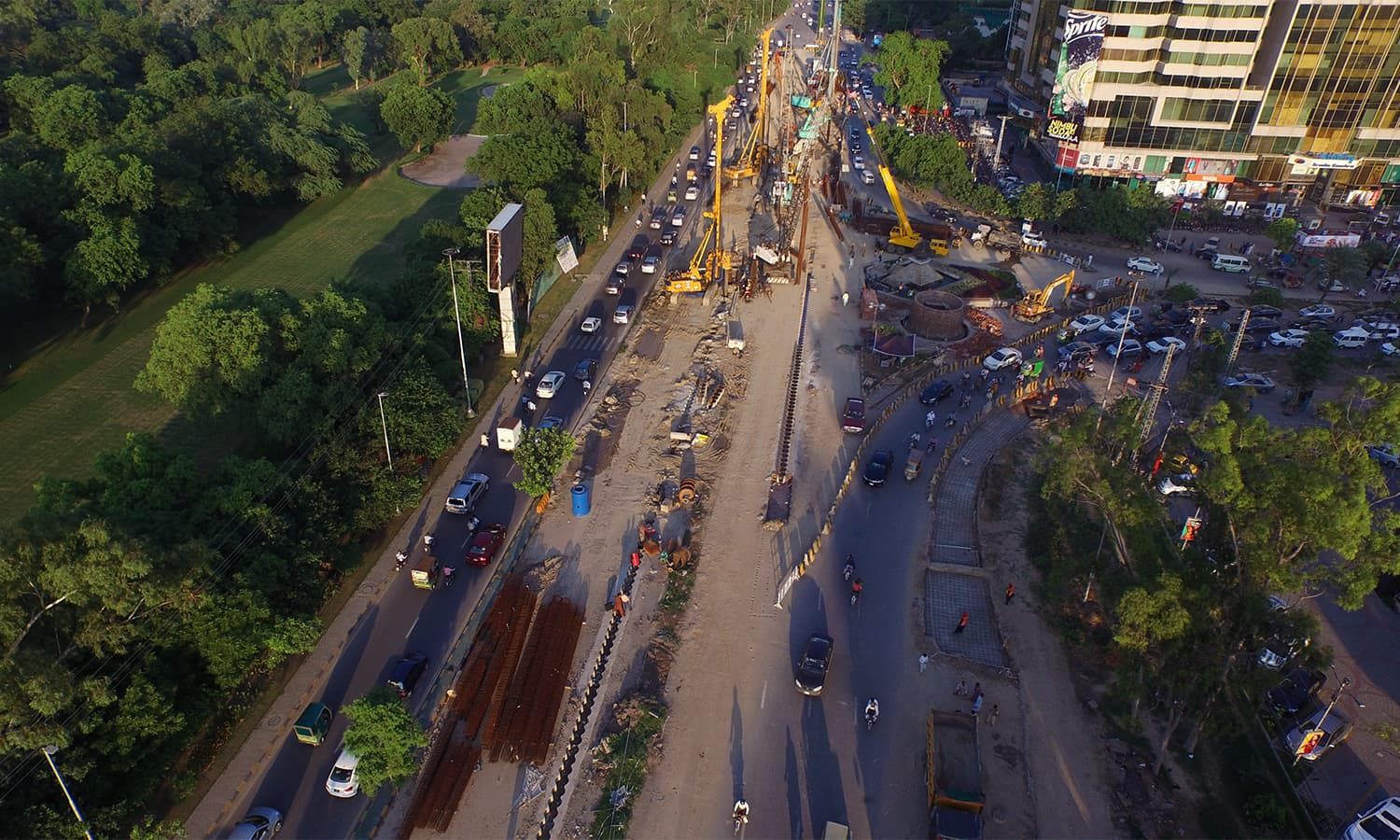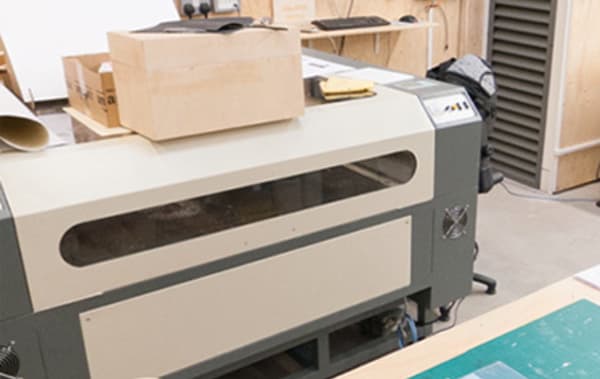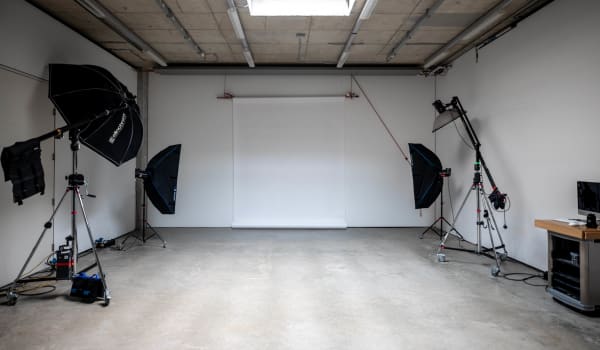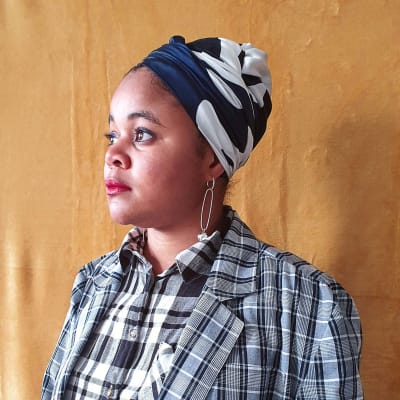Course units
Unit 1: Voices in the City – Situated Practices and Positions
This unit introduces students to a series of short live projects and collaborations across courses, for example with MA Narrative Environments’ Unit 1: Foundations
Voices in the City introduces each incoming cohort to a series of analytical, speculative, and creative studio-based explorations of the city. The intention is to learn a range of new skills and unlearn fixed perspectives on the city, then establish an ethical, situated and propositional position in relation to the city and to others.
The unit addresses the challenges facing cities through transcultural and cross-cultural dialogues and lectures, situated projects and site-specific interventions and documentation. It challenges students to confront their own specific cultural identities in relation to others and to reflect upon the polyphonic nature of civic practices.
Contextual studies sessions run in parallel to studio and engage with different theories and approaches to collaborative forms of city-making and taught research skills. Students will establish a thematic grounding and critical position to working in, with and for communities, examining: theories and practices around the production of social space; concepts of public space, the public realm, place-making, participatory practice and the commons.
Unit 2: Productive Ecologies – Critical Creative Practices and Life-Affirming infrastructures
This unit focuses learning through a live industry project and will become the Collaborative Unit during the reapproval process.
Productive Ecologies explores ways of working that bring together research and practice to address pressing urban issues and contested sites, developing civic practices through the observation of, and participation in, a live project. This is undertaken in collaboration with external agencies, for example local government, regeneration authorities, arts groups and/or third-sector organisations. In this unit, students will develop methods of critical analysis and interpretation through mapping and proposition, and will interrogate the role of culture and value in city making—the production and distribution of both, and how they might be created, countered, measured, counter-mapped, communicated, protected, collectivised—in relation to urban change.
Students will contribute to the development of a productive ecology on a specific site, working with a live client to define to develop curatorial strategies for the generation and/or maintenance of ‘life-affirming infrastructure’.
The unit will test a broad spectrum of models of research-based creative practices. These research-based practices serve as propositional models for valuing, advocating for and creating spaces with and for specific communities in the changing city.
Unit 3: The Project in the City – Practice Manual and Speculative Policy
This unit supports students to develop and launch a live project.
The Project in the City focuses on organisational structures, working relationships and forms of commissioning by local authorities, government and wider agencies, including their associated policy and political contexts. The unit is delivered as a series of case studies with reports and seminars from a range of practitioners, policymakers, arts professionals and local authority representatives. They will cover a range of subjects including the inner workings of local and regional government, the complexities of institutional relationships, providing first-hand accounts of initiating and implementing projects. This unit also includes lectures and case-study presentations on forms and theories of urban governance, urban policy, funding, procurement, regulation, and legislation.
In parallel to the theory and site-specific studio work, this unit allows time and focus to develop a thesis question. It also supports students in scoping and testing methods for conducting a thesis. The thesis can be formulated as either an independent written thesis, design thesis or practice-based project. If appropriate, it can be formulated in association with a third party through an embedded practice placement undertaken during Unit 6. The thesis and live project should involve collaboration with key partners, including engagement with communities, organisations and stakeholders.
Unit 4: Space, Money & Time – Cities, Global Flows and Transactions
This unit supports students to speculate on the global potential of their live project.
Space, Money & Time is concerned with the economy of urban practices, and the relationships between economic flows, social transactions and urban space. The unit goes beyond traditional urban design and planning methods to engage with the realities of fluctuating and emerging forms of economic flows and social transactions. Students will question the ethics of spatial practice and cultural production in cities on the basis of these flows and transactions, then critically reflect on and update their ethical position set out in Unit 1.
Unit 5: Thesis by Practice - New Positions on City-Making
This unit intends to make public new city-making practices explored in the theses
The course culminates in a student-led thesis by practice. Students will work with a supervisor and a second, transnational, critical friend of the thesis. Thesis will reflect on the conceptual, intellectual and practical skills encountered in the course through an independent written thesis, design thesis or practice-based project. The unit is intended to rehearse creative attributes that enable students to become a self-sufficient and critical practitioner, shaping and theorising a future city-making role and develop the confidence and independence to pursue their practices. Through supervision, presentations, group tutorials, publication and exhibition, the thesis unit will support students to conduct and deliver an enquiry-led proposition which frames and launches a new civic or urban practice, revisiting the situated and declarative ways of working set out in unit 1, and rehearsing skills of proactivity, enterprise and agility.
Important note concerning academic progression through your course:
If you are required to retake a unit you will need to cease further study on the course until you have passed the unit concerned. Once you have successfully passed this unit, you will be able to proceed onto the next unit. Retaking a unit might require you to take time out of study, which could affect other things such as student loans or the visa status for international students.
Mode of Study
MA Cities is offered is offered in extended full time mode which runs for 60 weeks across two academic years.
Students will be expected to commit 30 hours per week to study, which includes teaching time and independent study.
Credit and award requirements
The course is credit-rated at 180 credits.
On successfully completing the course, you will gain a Master of Arts (MA degree).
Under the Framework for Higher Education Qualifications, an MA is Level 7. All units must be passed in order to achieve the MA but the classification of the award is derived from the mark for the final unit only.
If you are unable to continue on the course, a Postgraduate Certificate (PG Cert) will normally be offered following the successful completion of 60 credits, or a Postgraduate Diploma (PG Dip) following the successful completion of 120 credits.
